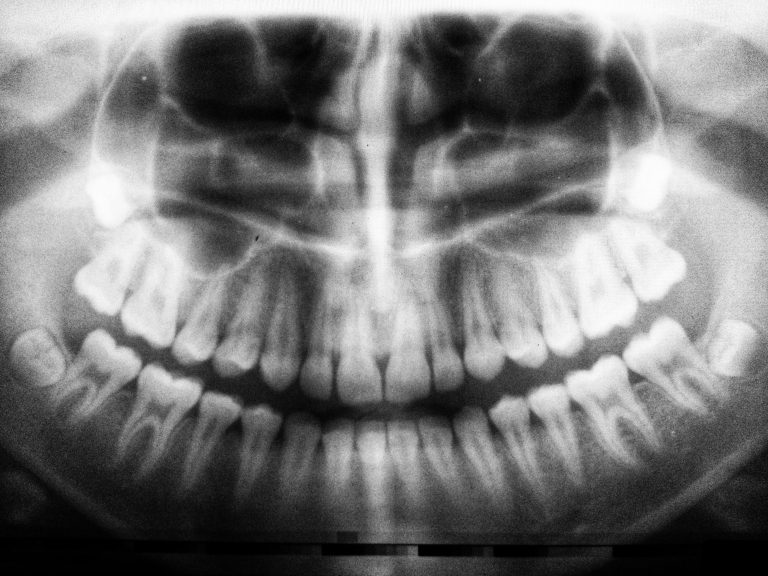
That toothache you’ve been fighting may have deeper roots than you think. Chronic tooth pain can be a symptom of needing either a filling or a root canal. It’s important to contact your dentist right away if you’re experiencing pain, so they can diagnose the issue. They may be able to tell just by looking, but most of the time they’ll need to take a few x-rays of your teeth to determine how deep the decay goes. Both fillings and root canals are common treatments that address similar problems, but they have a few key differences.
Fillings
Fillings are used to repair and treat smaller cavities with minor decay. These types of cavities are in your enamel or dentin — the hard tissue right below the enamel. During the treatment, your dentist will clear the decay and put a tooth-colored resin in its place. You won’t even be able to tell it’s there. These procedures typically take between 20 minutes and an hour.
Root Canals
A root canal is a bit more in-depth than a filling, primarily because it is meant to treat cavities deeper in your tooth. A root canal is needed when a cavity goes through your enamel and dentin and starts to affect the pulp. The pulp is the innermost layer of your tooth, where the blood vessels and nerves are. If left untreated, the bacteria from the decay can affect your jaw and spread to other parts of your mouth and body.
There are several common signs that signal you may need a root canal. The first is if your tooth pain hits you in waves without any consistency. Other signs include bumps around your gums, sensitivity to hot and cold, darkened or swollen gums, and chipped or cracked teeth.
During a root canal, your dentist will go in and remove the cavity, clean out the pulp to get rid of all of the bad bacteria from the soft tissue, and then seal it. Unlike a filling, a root canal is finished by putting in a crown. Crowns can be created to match your teeth, but depending on your dentist can be silver. These procedures can take anywhere from 30 to 90 minutes.
It is also possible you may need a filling or root canal without having any symptoms at all. In these cases, it’s critical to trust your dentist so things don’t get worse. If you are experiencing pain or notice anything troubling in your mouth, please make an appointment with us, so we can figure out the problem and prevent any further damage.